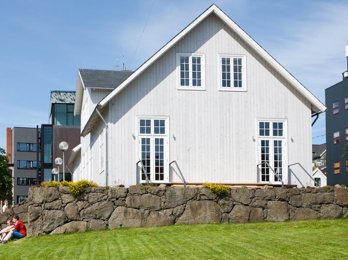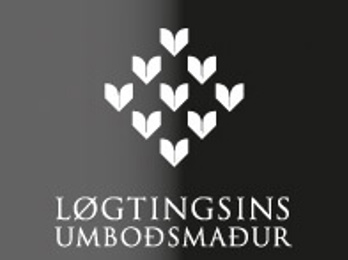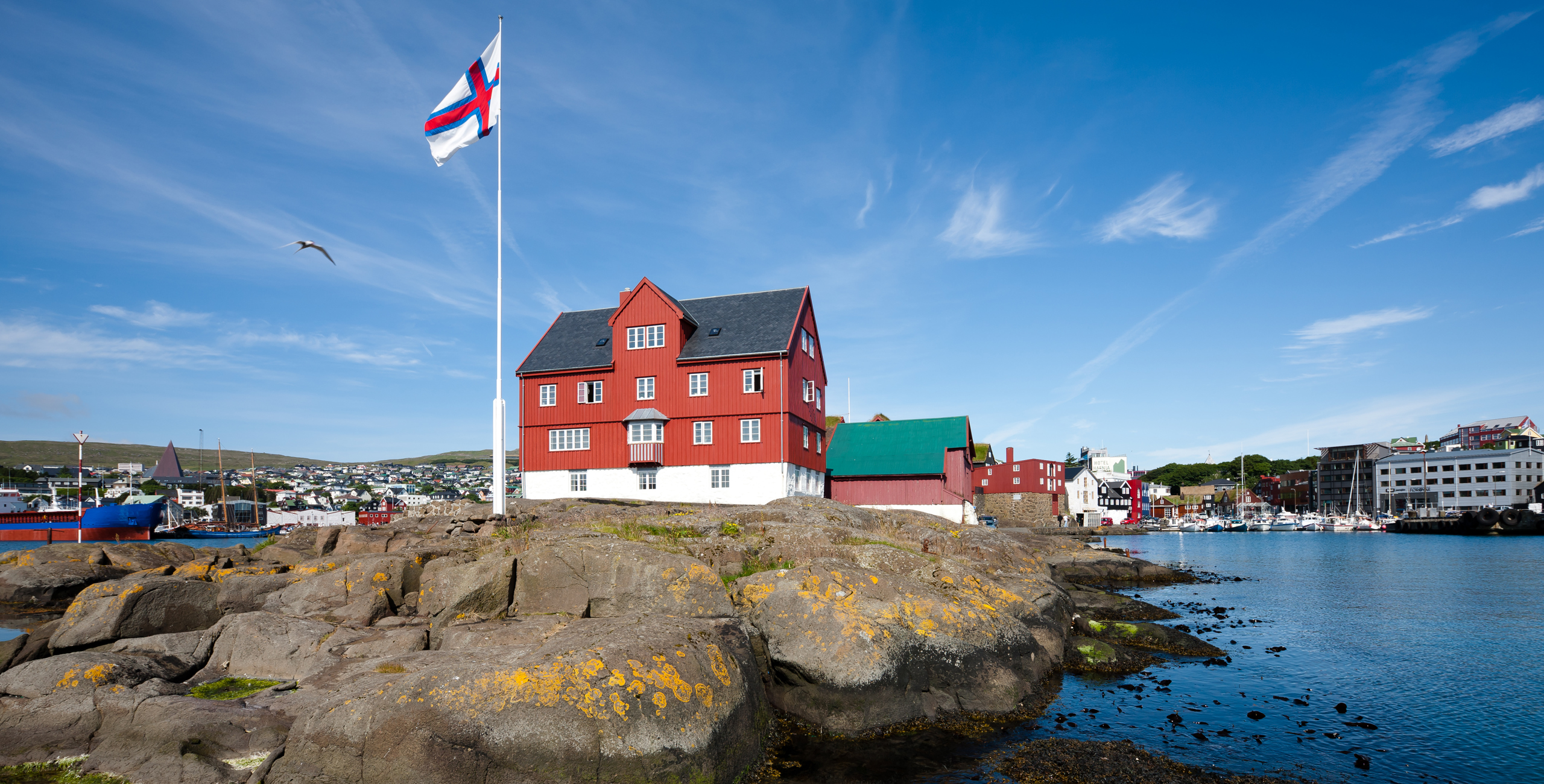
The autonomy of the Faroe Islands was established by the Home Rule Act of 1948.
The Government of the Faroe Islands has full powers to negotiate and conclude agreements under international law on behalf of the Kingdom of Denmark in areas of Faroese exclusive competence, in accordance with the Foreign Policy Act of 2005.
The Faroese court system is under the jurisdiction of the high courts in Denmark. Faroe Islanders elect two representatives directly to the Danish Parliament in Copenhagen
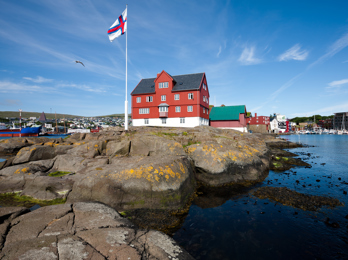
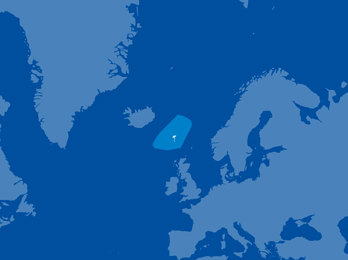
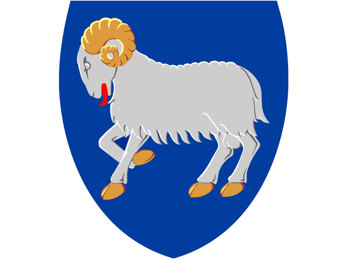
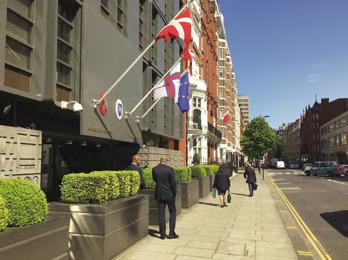
The Faroe Islands are a self-governing nation with extensive autonomous powers within the Kingdom of Denmark.
The autonomy of the Faroe Islands was established by the Home Rule Act of 1948. The Government of the Faroe Islands has full powers to negotiate and conclude agreements under international law on behalf of the Kingdom of Denmark in areas of Faroese exclusive competence, in accordance with the Foreign Policy Act of 2005.
Areas of exclusive competence include: trade relations, customs, taxation and economic policy, business regulation, management of fisheries and all other natural resources, food and veterinary control, energy and the environment, the labour market, social security, emergency preparedness, education, research and culture.
The institution of the Ombudsman follows the Scandinavian tradition of good governance. The Ombudsman is a neutral party appointed by the Faroese Parliament and his role is to monitor both central and local government and authorities and to protect the rights of the citizens.
The Ombudsman - in Faroese "Løgtingsins Umboðsmaður" - supervises all public administration under the Faroese autonomy; this includes national, municipal and intermunicipal authorities. The ombudsman can investigate complaints about decisions made by the authorities, how they deal with cases and how they treat citizens. He also has the authority to take the initiative to start investigating a matter, without an official complaint.
